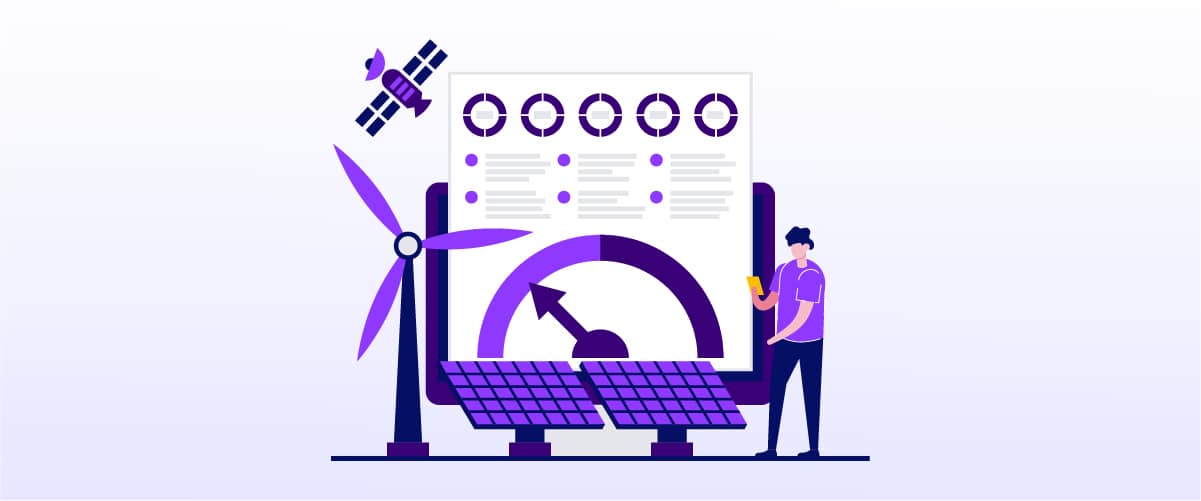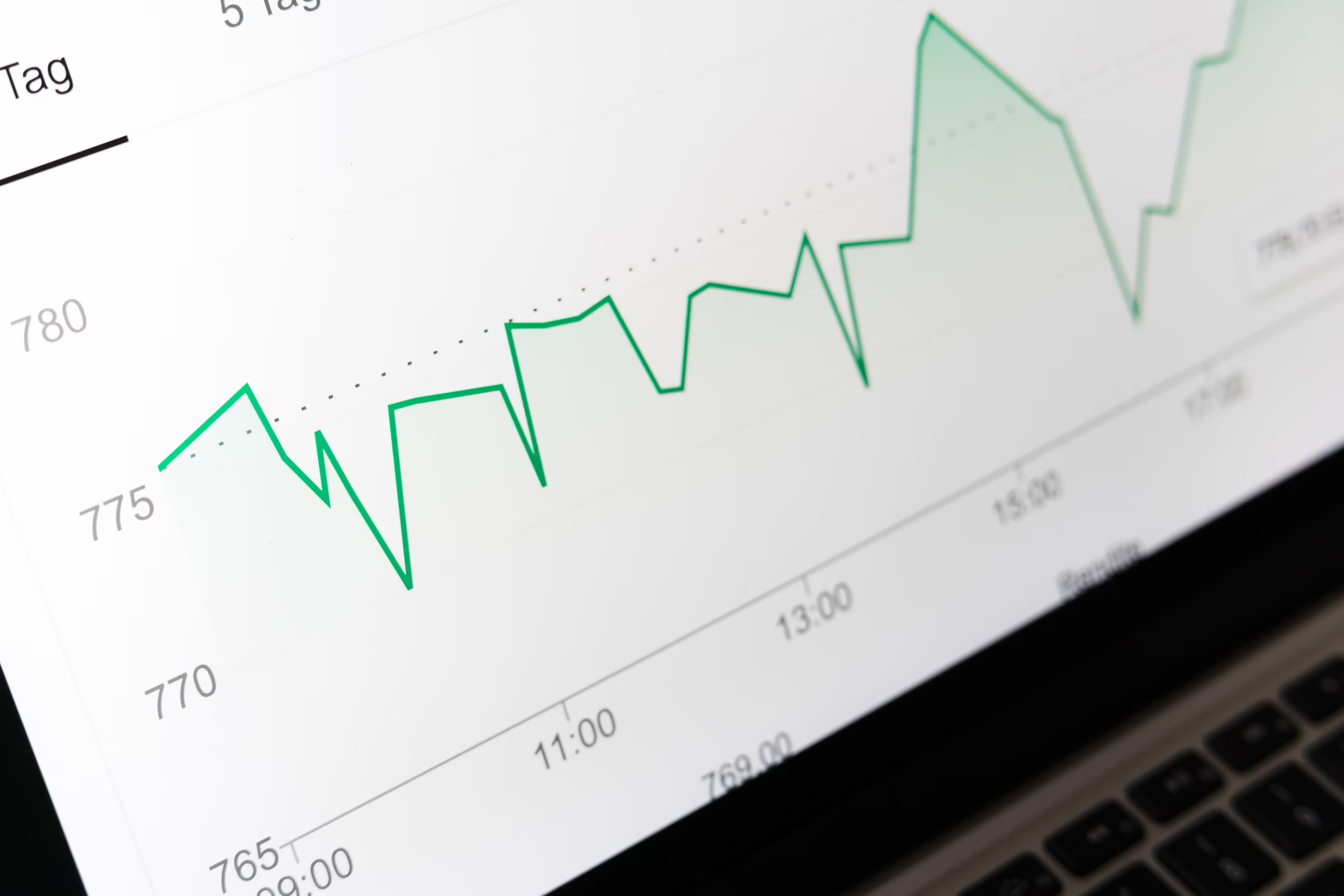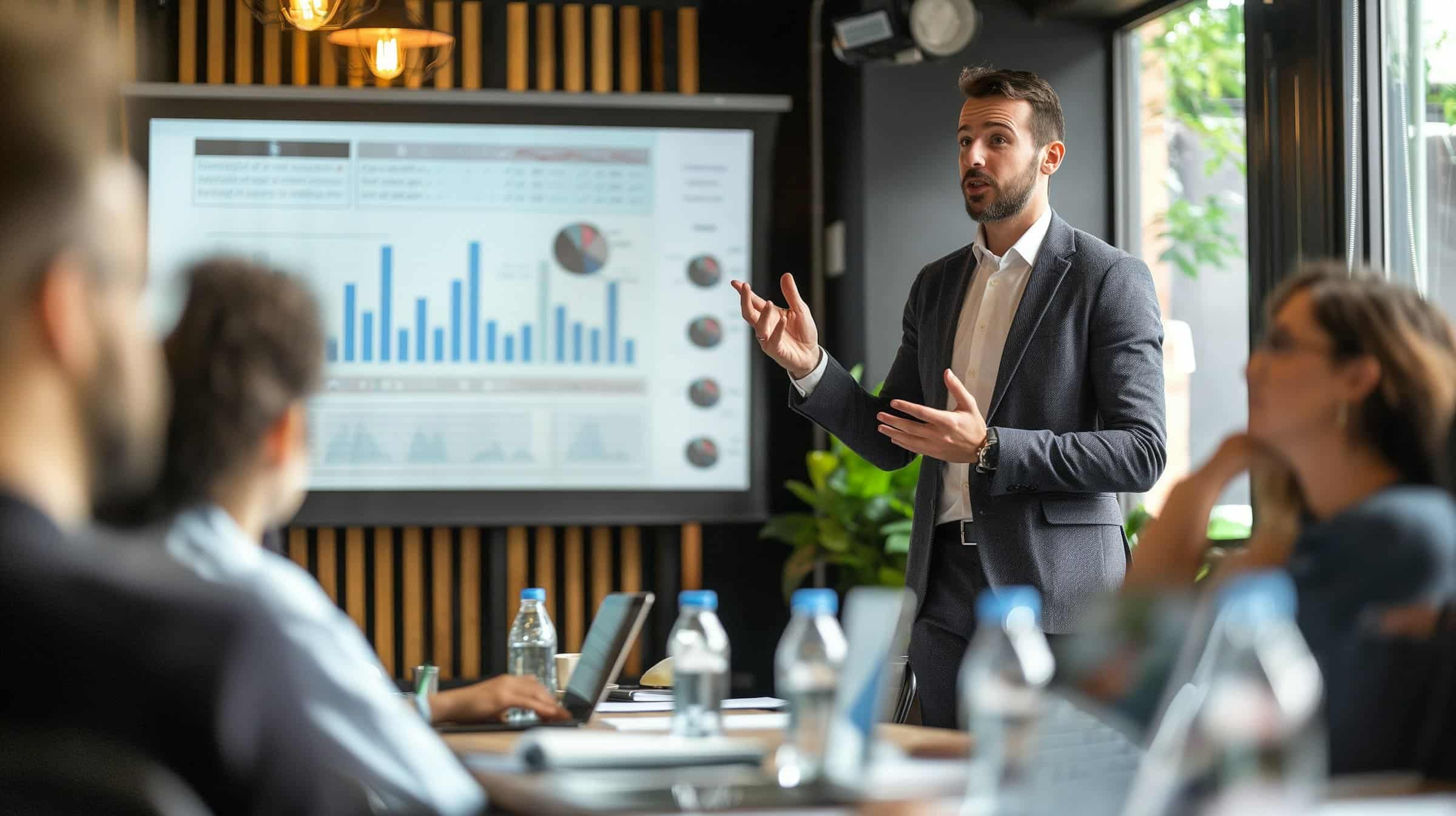Sustainable accounting lets restaurants and other businesses assess their impact on the economy, society, and environment. Sustainable accounting considers how enterprises affect people and the environment, unlike conventional accounting, which exclusively addresses money difficulties. This strategy helps restaurants save money, reduce garbage, serve more guests, and improve their image.
Tracking energy, water, and food waste can help firms make greener choices. There are several tools and technologies to implement these techniques. Even though it has high start-up costs and extensive data, sustainable accounting pays off in the long term.
Understanding Sustainable Accounting
Sustainable accounting considers a company’s social and environmental implications and bottom line. The subjects include energy consumption, trash management, and group dynamics. Companies can use this accounting method to show responsibility and care for reasons beyond profit. Sustainable accounting techniques can help organizations reduce their environmental impact and increase global influence.
Benefits of Sustainable Accounting Practices for Restaurants
Save Money
 If companies monitor their water and power consumption, they can uncover areas where they are overusing them, such as leaving the lights on all night or fixing water leaks when it’s too late. Fixing these problems can reduce monthly power costs for companies. Energy-efficient products and gadgets can save you money over time. Sustainable accounting helps firms track these expenses and make smarter decisions, saving them money.
If companies monitor their water and power consumption, they can uncover areas where they are overusing them, such as leaving the lights on all night or fixing water leaks when it’s too late. Fixing these problems can reduce monthly power costs for companies. Energy-efficient products and gadgets can save you money over time. Sustainable accounting helps firms track these expenses and make smarter decisions, saving them money.
Reduce Waste

To achieve sustainable restaurant accounting requirements, a restaurant must track all its rubbish, including food and packaging waste. Restaurant management can pinpoint waste as it occurs using this strategy. They can observe that specific components are always thrown away or that too much food is created but not sold. This system can help restaurants reduce food loss by changing how they buy and prepare meals. Thus, the company saves money and reduces its environmental impact.
Attract Customers

More individuals now choose to support environmentally conscious companies. Restaurants can promote environmental responsibility by using sustainable practices. This can attract environmentally conscious customers. Environmentalists might care about many actions. This includes purchasing local items, providing plant-based cuisine, and using less plastic. Businesses that support these activities can stand out from their competitors and establish a loyal consumer base that cares about the planet.
Improve Reputation
A company can boost its image by becoming an eco-friendly restaurant. company with a high reputation can obtain more media attention and consumers via word of mouth. Customers are more inclined to suggest a restaurant whose values match theirs. A high sustainability reputation can attract new business partners and investors who wish to aid green enterprises.
Better Business Decisions
Sustainable accounting professionals may show restaurant owners how their firm consumes resources. Knowing these facts helps you make wise decisions based on your expertise. A restaurant can remove a dish that is selling poorly and requires a lot of resources. If they discover that their packaging solutions generate a lot of trash, they can switch to greener ones. With this information, restaurant owners can make informed decisions that benefit their company and the world.
Implementing Sustainable Accounting Practices
Monitoring Energy Use:
 Start by meticulously recording the restaurant’s monthly power and gas consumption. Finding the causes of energy waste helps one stop keeping lights on or using older, less efficient equipment. Other options include switching to LED lighting and buying Energy Star appliances. A system that automatically switches off lights and other gadgets while not in use may also dramatically reduce energy usage.
Start by meticulously recording the restaurant’s monthly power and gas consumption. Finding the causes of energy waste helps one stop keeping lights on or using older, less efficient equipment. Other options include switching to LED lighting and buying Energy Star appliances. A system that automatically switches off lights and other gadgets while not in use may also dramatically reduce energy usage.
Be Mindful of Water Intake:
Monitoring the restaurant’s water meter and logging use daily and weekly is crucial. Never ignore damp areas or unusually high water bills as leak signs. You can prevent water loss by fixing leaks immediately. Installing low-flow faucets and toilets may drastically cut water usage. Using extra water for cleaning or watering plants may save water and improve results.
Food Waste Solution:
 Tracking daily food waste is critical. Researchers should explore food waste factors such as overordering, rotting, and going to waste, as well as the different sorts of food that end up in the garbage. Changing your purchasing and menu planning habits may help avoid overstocking and better serve consumers. Donating surplus food to local food banks or shelters allows people in need and reduces food waste.
Tracking daily food waste is critical. Researchers should explore food waste factors such as overordering, rotting, and going to waste, as well as the different sorts of food that end up in the garbage. Changing your purchasing and menu planning habits may help avoid overstocking and better serve consumers. Donating surplus food to local food banks or shelters allows people in need and reduces food waste.
Waste Management:
To provide appropriate waste management, a system must properly separate garbage into biodegradable, recyclable, and landfill-safe elements. To improve waste management, the kitchen and eating area should include recycling and composting containers. To reduce landfill garbage, we must reduce non-biodegradable or non-recyclable packaging. You may accomplish this by asking suppliers for recyclable containers or bulk shipping.
Use Green Products:
 Try to buy eco-friendly items wherever possible. Biodegradable cleaners and recyclable paper for menu items, packaging, and napkins are advised. Buy organic, humanely farmed veggies and meat to support ethical farming. These efforts may make the restaurant more desirable to environmentally conscious consumers by reducing its environmental impact.
Try to buy eco-friendly items wherever possible. Biodegradable cleaners and recyclable paper for menu items, packaging, and napkins are advised. Buy organic, humanely farmed veggies and meat to support ethical farming. These efforts may make the restaurant more desirable to environmentally conscious consumers by reducing its environmental impact.
Tools and Software for Sustainable Accounting
Persefoni:
This tool is appropriate for any size firm worried about carbon accounting. Persefoni promotes emissions reporting and monitoring for climate transparency and net-zero emissions. Persefoni’s automated will monitor your carbon emissions after you provide your data. Its low climate disclosure knowledge need is one of its numerous advantages, and this makes integrating Persefoni with current procedures easy.
Workiva:
Workiva is a great tool for creating data sets and reports quickly. The importance of automated user information updates, task assignments, and rights is considerable. Workiva’s ability to simplify and speed eco-friendly action reporting may benefit businesses with disconnected data and manual procedures. For this, it bridges on-premises and cloud data storage.
Novata:
Novata delivers a user-friendly, transparent, and responsive platform focused on private markets to gather insights, data, and report. Many customizing possibilities across a wide variety of user-specified sustainability factors allow customers to create their own sustainability strategy. Novata is ideal for portfolio companies and general partners seeking to improve sustainability accessibility.
Quentic:
Quentic, a cloud-based solution, handles environmental, social, and governance challenges. Data analysis and linked systems allow environmental responsibility. Quentic’s indicator data collecting and analysis can help firms improve sustainability. Analytics dashboard use, data categorization, and due date output may help the department’s sustainability strategy.
Challenges and Solutions
Cost:
 Sustainable accounting requires overcoming the initial investment. New technology, personnel training, and certifications may need funding. Smaller companies, particularly SMEs, may find this financial investment frightening. Most important is to recognise that sustainability’s returns often exceed the initial expenditure. These benefits will help the organization reduce its financial load and improve its corporate position.
Sustainable accounting requires overcoming the initial investment. New technology, personnel training, and certifications may need funding. Smaller companies, particularly SMEs, may find this financial investment frightening. Most important is to recognise that sustainability’s returns often exceed the initial expenditure. These benefits will help the organization reduce its financial load and improve its corporate position.
Complexity:
Accounting methods should meet ESG standards for long-term survival. Given the seriousness of the situation, organizations with project-specific resources or experience may thrive. Social impact indicators, energy use, waste output, and emissions must be carefully collected and analyzed. Companies may seek professional guidance or engage in training sessions to produce reliability.
Data Availability:
Accounting systems need reliable data to last. A corporation that collects data from suppliers, partners, and internal processes risks issues. With present data, sustainability programmes may be difficult to monitor and assess. Companies may need to work with several stakeholders to improve supply chain transparency.
Integration with Existing Systems:
Integrating sustainable accounting principles into outmoded or unsuitable accounting and reporting systems may take time. Businesses can need new software or system upgrades to comply with sustainability data. Several departments and stakeholders may need to collaborate for this technique to function without data flow and integration issues.
Supply Chain Management:
 Complex supply networks make sustainability management challenging for companies. Companies may have little control over all supply chain operations from start to finish. Ensuring suppliers and partners meet sustainability regulations requires continual coordination, monitoring, and enforcement. Companies may need to adopt supplier codes of conduct, audits, and incentives and help to encourage sustainable practices along the supply chain.
Complex supply networks make sustainability management challenging for companies. Companies may have little control over all supply chain operations from start to finish. Ensuring suppliers and partners meet sustainability regulations requires continual coordination, monitoring, and enforcement. Companies may need to adopt supplier codes of conduct, audits, and incentives and help to encourage sustainable practices along the supply chain.
Conclusion
Sustainability accounting helps places become more environmentally responsible. When restaurants manage their trash, water, and energy, they can save money, benefit the environment, and attract more customers. If people impact the planet less, they can obtain these benefits. These guidelines help restaurants enhance their image and make better business choices.
Cost and data collection are issues, but the long-term advantages outweigh them. Using several tools and technology may speed up the process. Sustainable budgeting usually helps firms analyze their effect and implement future-enhancing improvements.
Read more


